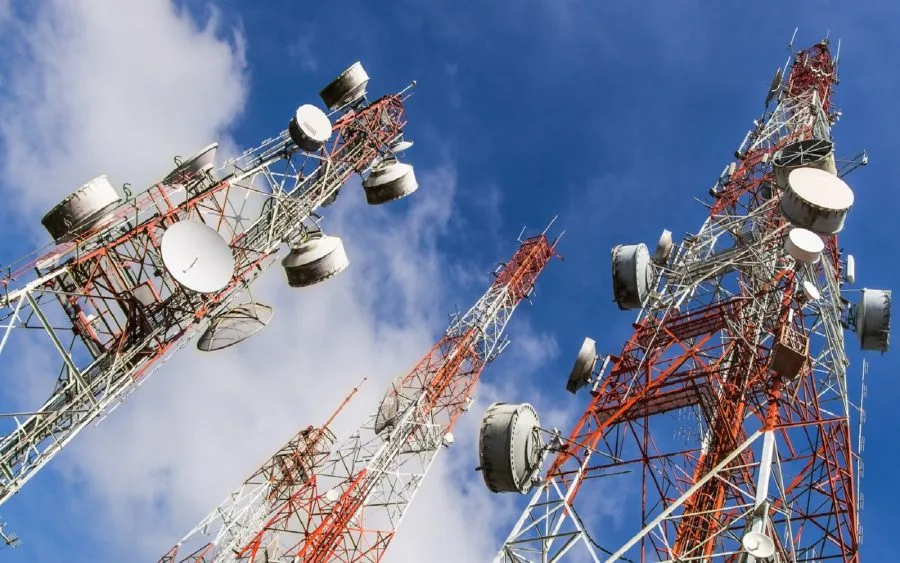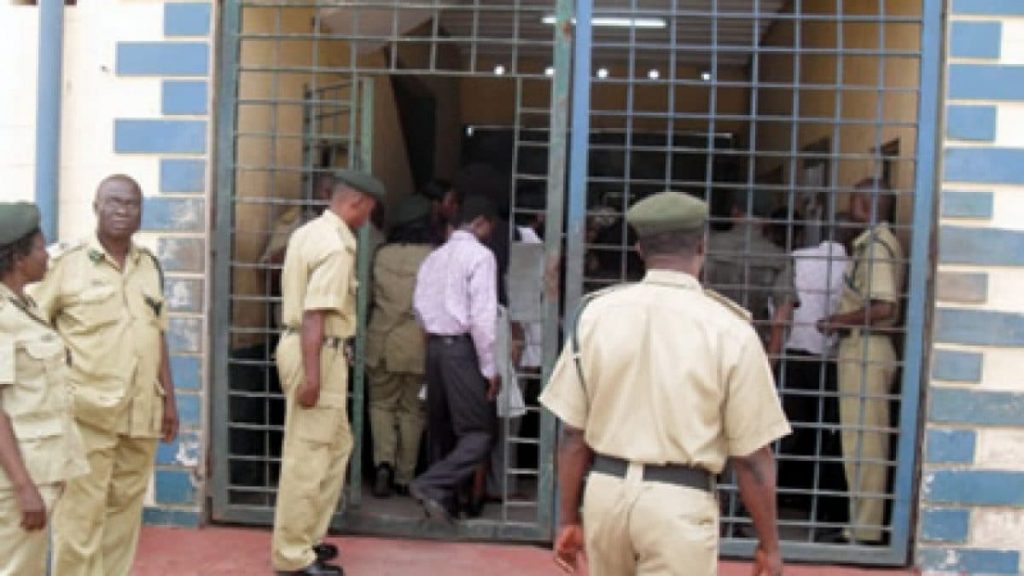News
Phone Call Bills To Increase By 40%, As FG Imposes N90.49bn Tax

-
Phone Call Bills To Increase, As FG Imposes N90.49bn Tax
- This new tax is coming despite moves by telecom companies to increase the price of calls, SMS, and data by 40percent
EDITOR’S PICK
- Many Feared Dead As Explosion Rocks Kano
- 2023 Presidency: Ohanaeze Threatens Boycott Of Polls Over Zoning
- Niger-Delta Youth Group Sends Strong Warning To Wike Over Dagogo Detention
EKO HOT BLOG reports that the Nigeria’s federal government has imposed a tax on telephone calls in the nation to fund free healthcare for the vulnerable.
The telecom tax in the equivalent of a minimum of one kobo per second for phone calls is a part of the sources of funds required to finance free healthcare for the Vulnerable Group in Nigeria, according to the National Health Insurance Authority Bill 2021 signed by President Muhammadu Buhari last week.
According to the Nigerian Communications Commission, Nigerians made 150.83 billion minutes of calls in 2020. This translates to 9.05 trillion seconds of calls, meaning the new tax will generate 9.05 trillion kobo, which converts to N90.49bn, yearly.
This new tax is coming despite moves by telecom companies to increase the price of calls, SMS, and data by 40 per cent as a result of an unfavourable operating environment.
According to the Health Insurance Act, the Vulnerable Group Fund is money budgeted to pay for healthcare services for vulnerable Nigerians who cannot pay for health insurance in a bid to subsidise the cost of provision of health care services to vulnerable people in the country.
It added that the Vulnerable Group Fund will subsidise the provision of healthcare to children under five, pregnant women, the aged, physically and mentally challenged, and the indigent as may be defined from time to time.
The Act includes a provision under Section 26 subsection 1c which states that one of the sources of money for the Vulnerable Group Fund shall include a telecommunications tax, not less than one kobo per second of GSM calls.
Other sources of funding outlined in the Act includes a basic healthcare provision fund to the authority; health insurance levy; telecommunications tax, not less than one kobo per second of GSM calls; money that may be allocated to the Vulnerable Group Fund by the government; motley that accrues to the Vulnerable Group Fund from investments made by the Council: and grants, donations, gifts, and any other voluntary contributions made to the Vulnerable Group Fund.
According to the new Act, every resident in Nigeria is expected to obtain health insurance.
But telecom subscribers under the aegis of National Association of Telecoms Subscribers, have said they will reject this new move by the government.
The President of the association, Adeolu Ogunbanjo, said, “It is quite unfortunate that the government is viewing telecoms as a cash cow. We are saying. There is a lot of corruption in the system, and rather than curb that they want to focus on the telecoms sector.
FURTHER READING
- Chaos As Angry Passengers Block Abuja Airport Over Flight Delays [PHOTOS]
- 2023: Osinbajo, Tinubu, Fayemi, Others Fail To Agree On Consensus
- Police Take Over PDP Secretariat In Abia
“What do they mean by vulnerable? Vulnerable people in the nation are probably about 80 per cent of the population, we are all vulnerable. What has happened to the health budget? Why should it touch telecoms again? The government should look elsewhere for money. This new action is only likely to impoverish more Nigerians and they are masquerading as helping the vulnerable. This is not right.”
Click to watch our video of the week
Advertise or Publish a Story on EkoHot Blog:
Kindly contact us at [email protected]. Breaking stories should be sent to the above email and substantiated with pictorial evidence.
Citizen journalists will receive a token as data incentive.
Call or Whatsapp: 0803 561 7233, 0703 414 5611















